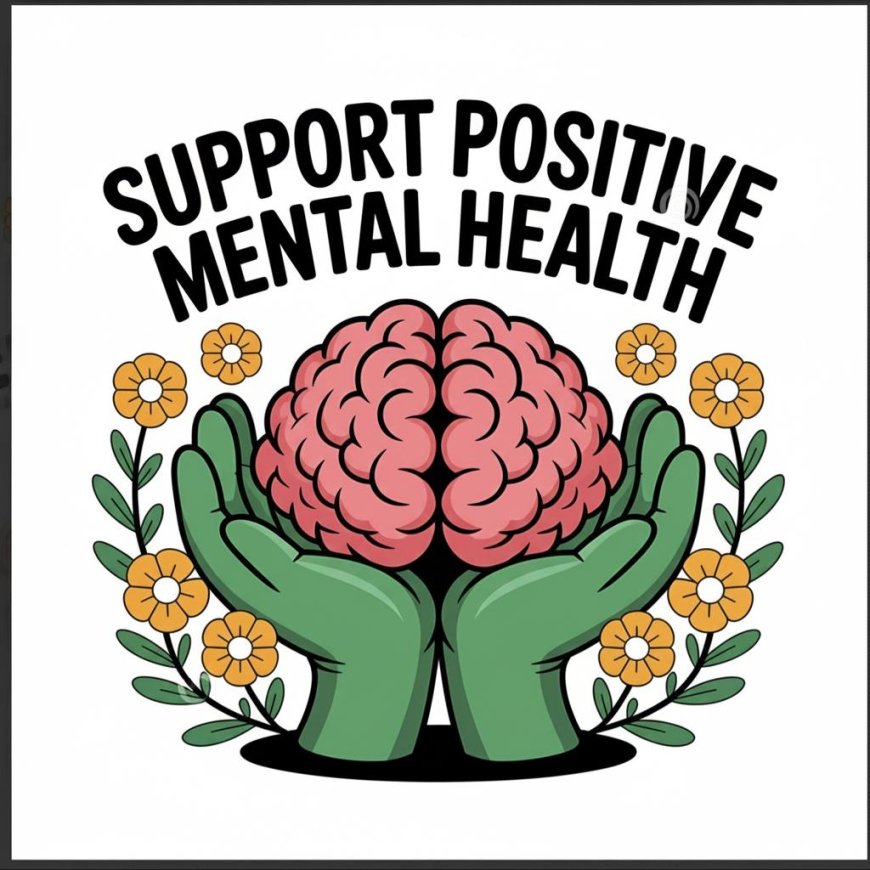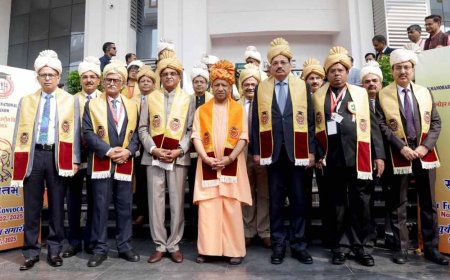Rethinking Education: Raising Humans, Not Just Professionals
Rethinking Education: Raising Humans, Not Just Professionals
ANUPAMA CHECKER
In today’s fast-paced and competitive world, the well-being of our children is emerging as one of the greatest priorities of education. Beyond academic scores and measurable achievements lies a deeper responsibility—the responsibility of nurturing young minds and hearts to grow into balanced, compassionate, and capable individuals.
Child well-being is not limited to physical health; it encompasses emotional resilience, social connectedness, and moral grounding. Schools, as the second home of children, play a pivotal role in shaping this holistic well-being. Teachers, in particular, are not just transmitters of knowledge but mentors who guide children to navigate pressures, discover their strengths, and cultivate values that will serve them throughout life.
The demands of modern competition often push children into a race where comparison overshadows creativity and stress replaces curiosity. In such times, schools must consciously act as sanctuaries where students find encouragement, empathy, and balance. This can be achieved by fostering an environment where academic rigor is balanced with co-curricular engagement, mindfulness practices, open dialogue, and opportunities for self-expression.
More than ever, we must ask ourselves: Do we wish to raise only material achievers, or do we aspire to nurture morally strong world citizens? The answer is evident. In an interconnected world, children need to be equipped with not just knowledge but also values—kindness, integrity, cooperation, and responsibility. These are the qualities that will allow them to thrive not just as professionals, but as human beings contributing to a better society.
Teachers can help by modeling ethical behavior, encouraging reflective discussions, and celebrating effort as much as achievement. Schools can integrate value-based education into everyday learning, creating a culture where character is as important as competence.
In the end, education must rise above the narrow pursuit of success and embrace the larger mission of shaping lives. When our children are healthy in mind and spirit, morally strong, and globally aware, they will not only succeed in the world of competition but will also lead it towards compassion and progress.
What's Your Reaction?















































